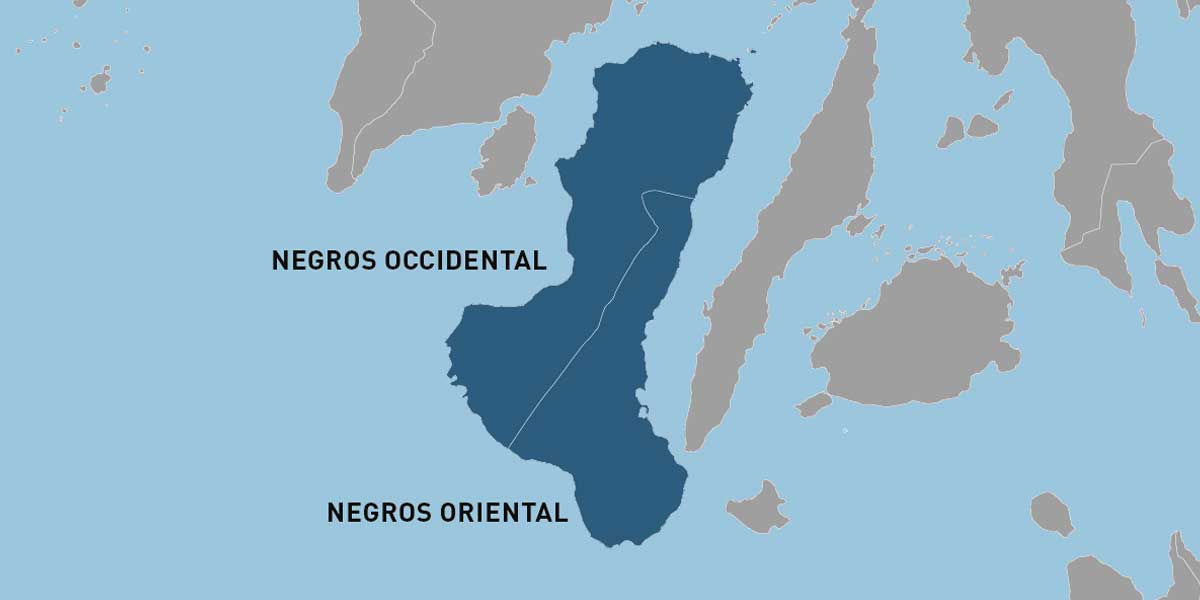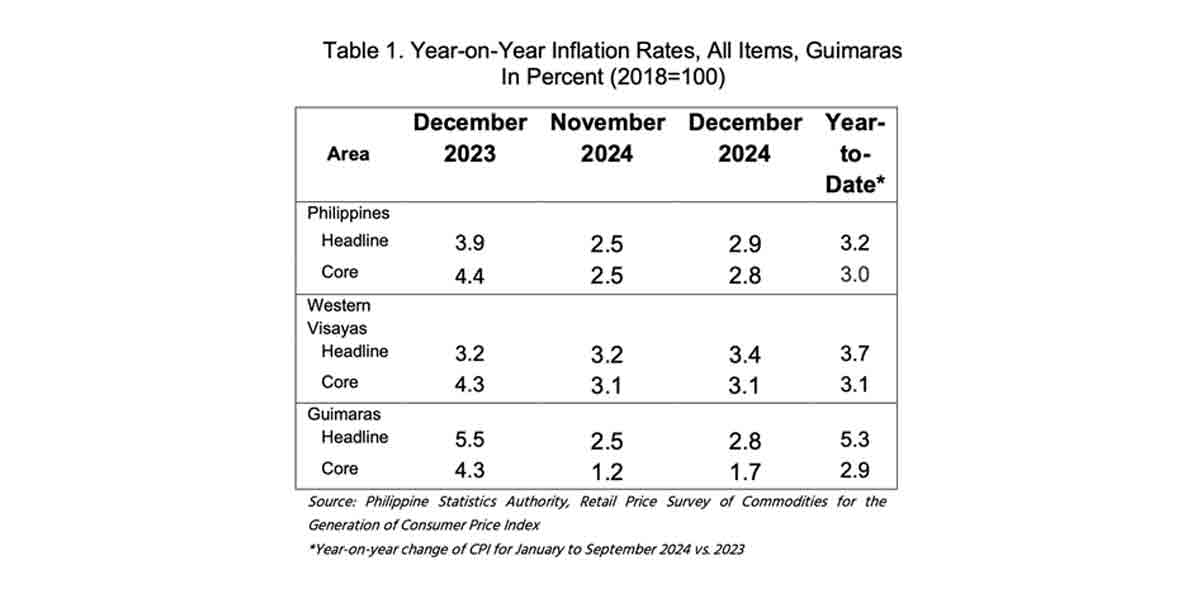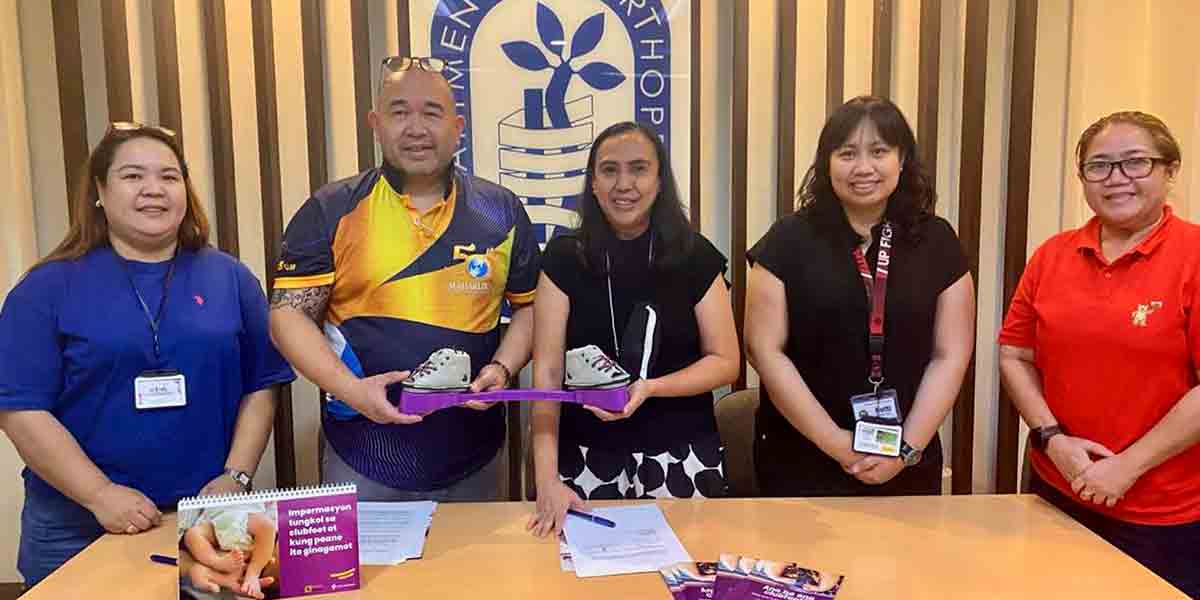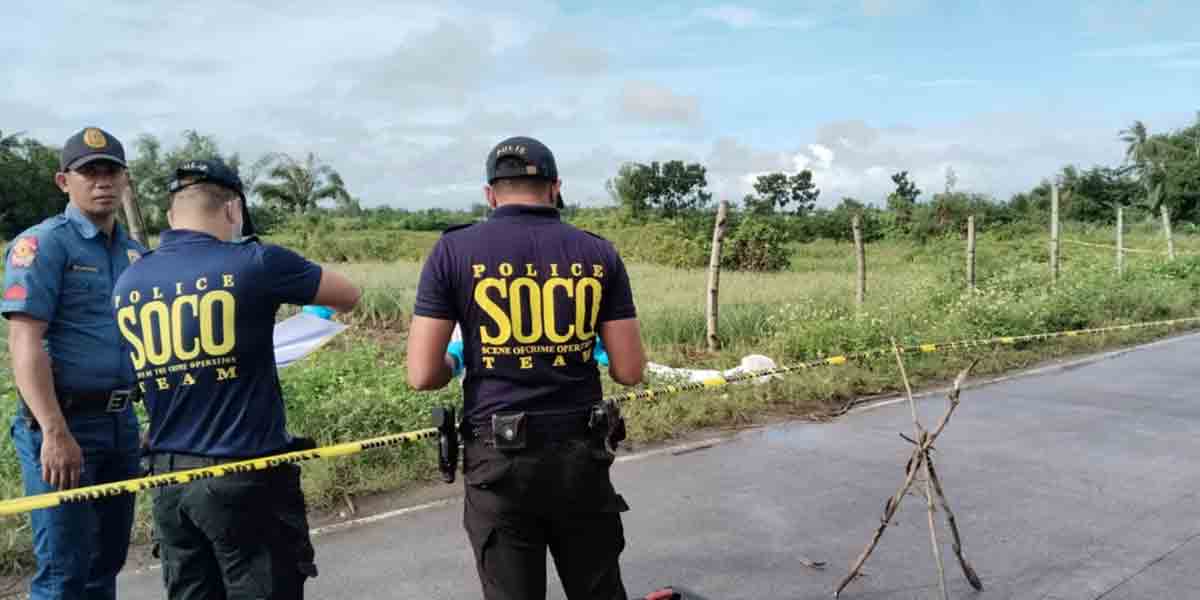
By Dolly Yasa
BACOLOD CITY – Negros Occidental Governor Eugenio Jose Lacson highlighted the re-establishment of the Negros Island Region (NIR) during his State of the Province Address (SOPA) on Tuesday.
Lacson delivered his third SOPA in his second term during the regular session of the Sangguniang Panlalawigan, presided over by Vice Governor Jeffrey Ferrer, at the Social Hall of the provincial capitol.
“Another reason for us to be glad is the realization of our aspiration, 30 years in the making and spanning the terms of five governors of Negros Occidental, has finally come to fruition—the enactment of RA 12000, the Negros Island Region Act. We thank His Excellency, President Ferdinand Marcos Jr., for making our hope a reality,” Lacson said.
He further emphasized that “our belief that the immense potential of Negros Island, Siquijor, and our people can best be realized by becoming one region has driven our efforts and determination through the years.”
Lacson noted that this development will positively impact internal security, peace and order, environmental management, disaster risk reduction, tourism promotion, integrated development planning, and easier access to regional offices.
“Let us all work together towards our shared objective of transforming Negros Island and Siquijor into a showcase of effective governance, cultural development, and social and economic progress,” he added.
Lacson also highlighted the multi-million peso road network in southern Negros, which he said will significantly benefit farmers in the area.
“Our farmers have long endured the difficulty of transporting agricultural goods, a challenge further aggravated by our vulnerability to frequent weather changes,” he said.
He expressed enthusiasm for the issuance of a “No Objection Letter” by the Philippine Rural Development Project a few weeks ago, allowing the award of the Rehabilitation of the Barangay Talacagay to Barangay Bacuyangan to Barangay Damutan Farm-to-Market Road with Bridge in Hinoba-an. The project, amounting to Php 513,387,538.01, spans 24.75 kilometers.
Lacson explained that this farm-to-market road will not only expedite the transport of local farm produce to market centers and boost agricultural productivity, but it will also provide better access to education and healthcare for residents in Hinoba-an.
Another highlight of his address was the acquisition of a Special Patent for the Mambukal Resort and Wildlife Sanctuary, which is run by the provincial government.
“This transfer represents a significant advancement in the Provincial Government’s initiatives to preserve the environment, promote sustainable tourism, and enhance community involvement,” he stressed.
He added that with the turnover of the Special Patent Title, “we reaffirm our commitment to uphold Mambukal as a model of responsible stewardship and a source of pride for present and future generations of Negrenses.”
The governor also reported that the P14 billion Livestock and Poultry Industry of Negros Occidental continues to flourish, boosting economic development and providing livelihood opportunities for local farmers and stakeholders.
Despite the incidence of transboundary animal diseases such as Hog Cholera and African Swine Fever, Negros Occidental ranks number one in swine production in Region 6, with a 63.89 percent share of the total supply, he said.
Lacson also noted that the province ranks first in carabao supply with a 35.49 percent share in the region, first in goat supply with a 59.08 percent share, second in poultry with a 33.12 percent share, and second in cattle with a 20.70 percent share in the entire region.
“We are proud to report that Negros Occidental remains Bird Flu-Free,” he added.
Lacson also said that the province is 109 percent self-sufficient in chicken meat supply, including both broiler and native chicken. With an annual production of 32,895 metric tons, the province has a surplus of 2,715 metric tons or 9 percent above the total provincial supply demand.
He further reported that the province is 110.5 percent self-sufficient in table eggs, with an annual production of 290.2 million pieces and a surplus of 27.8 million pieces.
In addition to the consistent supply of fresh cow’s milk from the Provincial Livestock Breeding Center and Dairy Farm, the Swine Multiplier and Techno Demo Farm at Negros First Ranch in Murcia is now producing genetically improved boars and gilts distributed to qualified swine raisers, associations, artificial insemination centers, and LGU Swine Multiplier Farms, Lacson said.
Lacson also reminded provincial government employees that “as public servants of Negros Occidental, our mission is to create opportunities that allow our people to reach their highest potential.”
“The true measure of a government is its ability to serve those who have the least, with the greatest dedication,” the governor added.
He encouraged them to demonstrate to the province, country, and people that it is possible to achieve governance that is dependable, transparent, honorable, and guided by strong moral principles in our time and in our province.
“With all our hard work, resilience, innovation, dedication, and commitment to service, the state of the province is good, stable, and promising,” Lacson said.
The governor concluded his SOPA with a request to the Sangguniang Panlalawigan to implement the salary increase for government employees as mandated by the national government.
Vice Governor Ferrer, when asked by reporters, said the Sangguniang Panlalawigan has already passed a resolution to this effect.




















